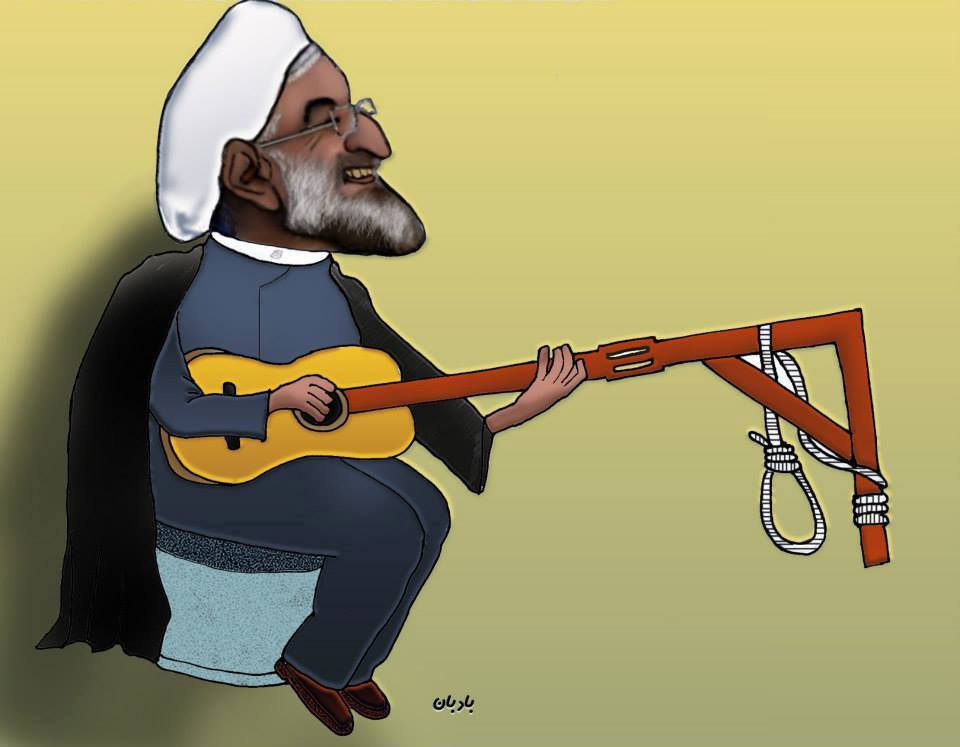Human Rights: The First Casualty of Iran’s Nuclear Program
Mar 31st, 2015
Hamid Yazdan Panah, March 31, 2015
As nuclear talks continue with Iran, the first casualty of these negotiations are the human rights of the Iranian people.
—————————————–
The nuclear issue in Iran represents a threat to many countries around the world. Yet the ongoing negotiations may have already claimed its first victims. As the international community focuses on the nuclear talks, little attention has been paid to Iran’s deteriorating human rights situation. As a result Iran’s domestic population continues to pay a heavy price while the international community ignores the atrocities committed by the regime in Tehran.
Last Monday, the UN Special Rapporteur on Iran, Ahmed Shaheed, raised concerns about the human rights situation in Iran in his latest country conditions report. During the briefing he noted; “There is a lot of concern amongst the Iranian society that the nuclear file may be casting a shadow over the human rights discussion…” The report explicitly documented that the human rights situation in Iran has worsened since the election of the so called “moderate” President Hassan Rouhani.
Shaheed is correct. The Iranian regime continues to carry out brutal repression, with little reaction from Western powers. More importantly, the report shows the regimes ability to portray an image of moderation to the West despite committing atrocities against its own population. Yet the reality is that the human rights situation has actually worsened under the current administration. According to the report written by Shaheed, 753 people, including 25 women and 13 minors, were executed in Iran last year, the highest total over the last 12 years. The executions have gone largely unnoticed by the Western media, who continue to praise Rouhani’s administration as “moderate”.
The fact that Iran leads the world in per capita execution rate should be enough evidence to show the true face of this barbaric theocracy. There have been more than 252 executions in Iran since the start of 2015, which brings the total number of individuals executed in Iran since January of 2014 to more than 1,000. Shaheed called on Tehran to “declare immediately a moratorium on executions.”
It is not just the executions that are troubling. The entire theocracy is built on systematic repression, discrimination and brutality. Shaheed’s report underscored the ongoing and systematic repression within the regime against women and minorities. Shaheed noted that the regime “continue to harass, arrest, prosecute and imprison many members of society who express criticism of the government or publicly deviate from officially sanctioned narratives.”
The fact remains that the human rights situation in Iran is being overshadowed by the politics and hype surrounding nuclear negotiations. The men and women of Iran who captured the world’s attention in 2009 during their fight for freedom of speech and democracy have now been abandoned to a cruel fate. The international community must not forget that Iran is one of the worst violators of human rights in the entire world. However inconvenient this may be to securing a nuclear deal.
Hamid Yazdan Panah is an attorney focused on asylum and immigration in the San Francisco Bay Area. He is also a human rights activist focused on the Middle East and Iran.


